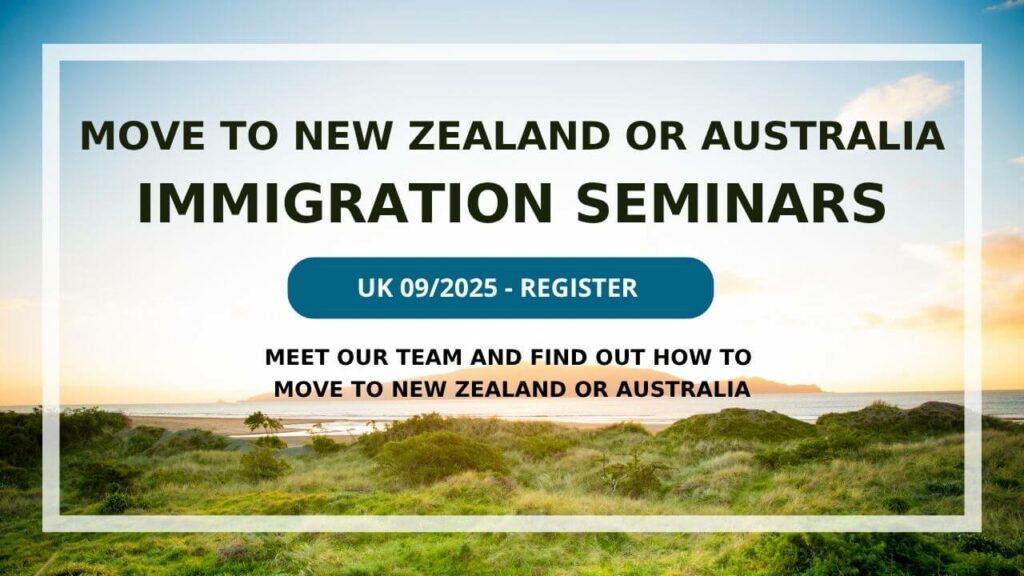From 1 July 2025, updates to Australia’s Partner Visa program (subclasses 820/801 and 309/100) have come into effect, aiming to streamline the process for couples and reduce unnecessary delays. These changes are particularly relevant for couples who have already started building their lives together but may not have traditional forms of documentation.
Whether you’re already living in Australia with your partner or looking to join them from overseas, these updates are designed to make the process more transparent and accessible.
What’s Changed?
 Faster Processing for Eligible Sponsors
Faster Processing for Eligible Sponsors
Applicants whose sponsor is already an Australian citizen or permanent resident may now benefit from faster decision times, especially where there is clear evidence of a long-standing relationship.
While timelines will still vary by application volume and complexity, the Department of Home Affairs has made improvements to internal workflows that could help reduce the typical waiting period for eligible applicants.
More Flexibility with Relationship Evidence
The rules around proving a genuine and continuing relationship remain in place but the way you demonstrate this has become more flexible:
- Traditional documents (like joint leases or shared bank accounts) are still useful
- But alternative evidence such as joint social media history, travel records, shared parenting responsibilities, and even written declarations is now more widely accepted
- This offers more opportunities for couples with less formal arrangements (e.g., long-distance relationships or culturally specific living setups)
The goal is to acknowledge the diverse ways relationships are formed and maintained, without disadvantaging applicants who may not fit a conventional mold.
A Better Experience for Genuine Applicants
These changes do not remove the need to meet eligibility criteria, but they do signal a shift toward a more inclusive and applicant-friendly approach.
Applicants still need to demonstrate:
- A mutual commitment to a shared life
- The relationship is genuine and continuing
- They are either married or in a de facto partnership (including same-sex couples)
However, how these aspects are demonstrated can now reflect the realities of modern partnerships particularly where couples may have faced disruptions due to COVID, international travel delays, or cultural differences.
Moving Forward
If you’ve already begun exploring a Partner Visa or are in the early stages of considering your options, staying informed on these changes is key.
More tailored advice may still be useful depending on your personal circumstances, especially if:
- You’re unsure what evidence will be accepted
- You’ve had a previous application refused or delayed
- You’re in a long-distance or recently formalised relationship
For those already in touch with our team, we’ll continue to monitor how these updates are being applied in practice and can provide updated insights as more decisions are released.


